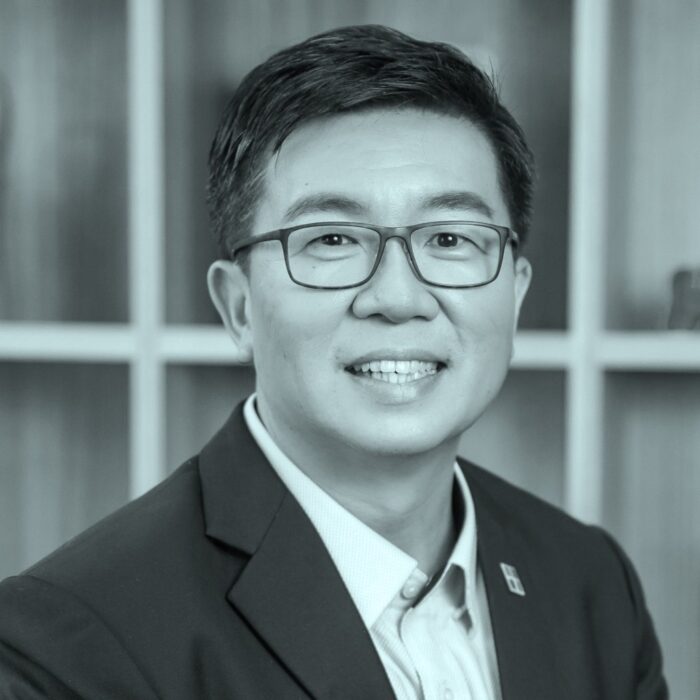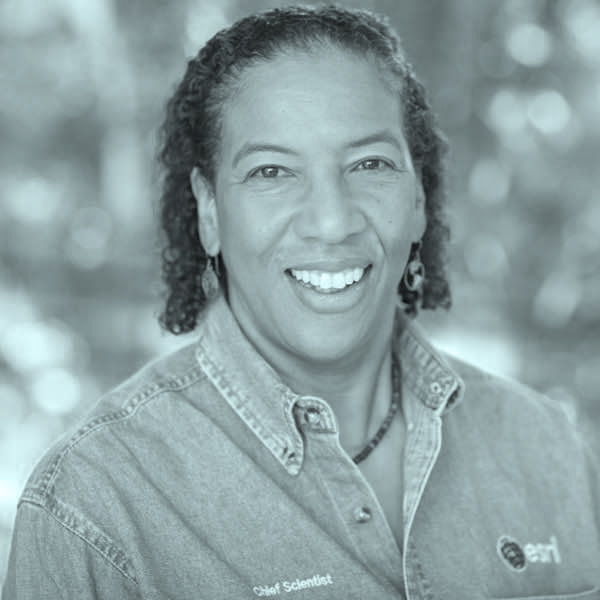In midst of a crisis, it’s too late to begin developing a communications plan. It is necessary that leadership, be it government or private sector leaders, develop a system to communicate ahead of a crisis. Constituents expect more preparation and guidance than ever in the face of impending disasters, with more demands on the public sector to be prepared for the risk of pandemic, natural hazards, and disruption of general service.
We saw, throughout the COVID-19 pandemic, that those governments with a systems response plan in place, that had engaged in scenario-building based on past learnings, had built trust in the government, and with communities with a deeply-ingrained sense of civic responsibility, have weathered the storm best.

Dr. Olivia Jensen
Lead Scientist
LRF Institute for the Public Understanding of Risk, National University of Singapore
Dr Olivia Jensen is a social scientist specialising in water and environmental policy with a focus on urban Asia. She joined IPUR in 2018 as Lead Scientist overseeing the Institute’s work related to Environment and Climate. She holds a joint appointment as Senior Research Fellow at the Lee Kuan Yew School of Public Policy’s Institute of Water Policy, where she has worked from 2014.
Dr Jensen’s research is concerned with the spectrum of urban environmental risks and the design and evaluation of policy interventions to strengthen the resilience of urban communities. Her current projects include water risk governance in Asian mega-cities; the role of citizen science in assessing and managing environmental risks; and the design of effective communication strategies for risk management in areas of high vulnerability and high exposure to flood risks.

Jo Ivey Boufford
Dean of the Robert F. Wagner Graduate School of Public Service
Jo Ivey Boufford, M.D., is Clinical Professor of Global Health at the New York University School of Global Public Health and Clinical Professor of Pediatrics at New York University School of Medicine. She is President Emeritus of The New York Academy of Medicine and Immediate Past President of the International Society for Urban Health (2017-9). She served as Dean of the Robert F. Wagner Graduate School of Public Service at New York University from June 1997 to November 2002. Prior to that, she served as Principal Deputy Assistant Secretary for Health in the U.S. Department of Health and Human Services (HHS) from November 1993 to January 1997, and as Acting Assistant Secretary from January 1997 to May 1997. While at HHS, she was the U.S. representative on the Executive Board of the World Health Organization (WHO) from 1994–1997. She served in a variety of senior positions in and as President of the New York City Health and Hospitals Corporation (HHC), the largest municipal system in the United States, from December 1985 until October 1989. In NYC, she currently serves on the Board of the United Hospital Fund, is Vice Chair of the NYS Public Health and Health Planning Council (PHHPC) and Chair of its Public Health Committee. Nationally, she is on the Boards of the National Hispanic Health Foundation and the Health Effects Institute. She was elected to membership in the US National Academy of Medicine (formerly IOM) in 1992, served on its Board on Global Health, and served two four year terms as its Foreign Secretary from 2003 to 2011, She was elected to membership of the National Academy of Public Administration in 2015. She is a Fellow of the New York Academy of Medicine. Dr. Boufford attended Wellesley College for two years and received her BA (Psychology) magna cum laude from the University of Michigan, and her MD, with distinction, from the University of Michigan Medical School. She is Board Certified in pediatrics.

Prof Vernon Lee
Director, Communicable Diseases
Ministry of Health, Singapore
Vernon Lee is a public health physician and has research interests in infectious diseases epidemiology and public health preparedness. He is an adjunct associate professor at the Saw Swee Hock School of Public Health, National University of Singapore, performing infectious diseases research to facilitate policy decision making. His early research work explored the cost-effectiveness of strategies to reduce the impact of influenza pandemics on local populations including the use of anti-viral drugs. Since then, he has performed numerous research studies on influenza including the impact of epidemics and pandemics in tropical regions, the effectiveness of epidemiological and clinical surveillance systems in detecting epidemics, and the effectiveness of various interventions in reducing the impact of disease. Apart from his research interests, Vernon has had broad experience in policy making which he uses his research to influence in a drive towards evidence-based policy. He has worked in various positions in the Singapore government, including as head of the Singapore Armed Forces Biodefense Center where he was in-charge of preparedness, surveillance, and response to biological threats. He frequently contributes to WHO expert working groups on infectious diseases epidemiology, preparedness, and research.
Dr Lee graduated from medical school at the National University of Singapore and is a Fellow of the Academy of Medicine, Singapore. He also holds a PhD from the Australian National University, and the Master in Public Health, and Master of Business Administration degrees from the Johns Hopkins University, USA

David Groisman
General Director of Strategic Management and Chief Resilience Officer, Buenos Aires
Chief Resilience Officer of Buenos Aires, Argentina, Economist, and specialist in public policies and urban resilience, and Agustin Botteron, Head of the Resilience Office of Santa Fe, Argentina, Civil Engineer (UTN-FRSF), MS in Civil and Environmental Engineering (Tufts University), with a specialty in water resources.
